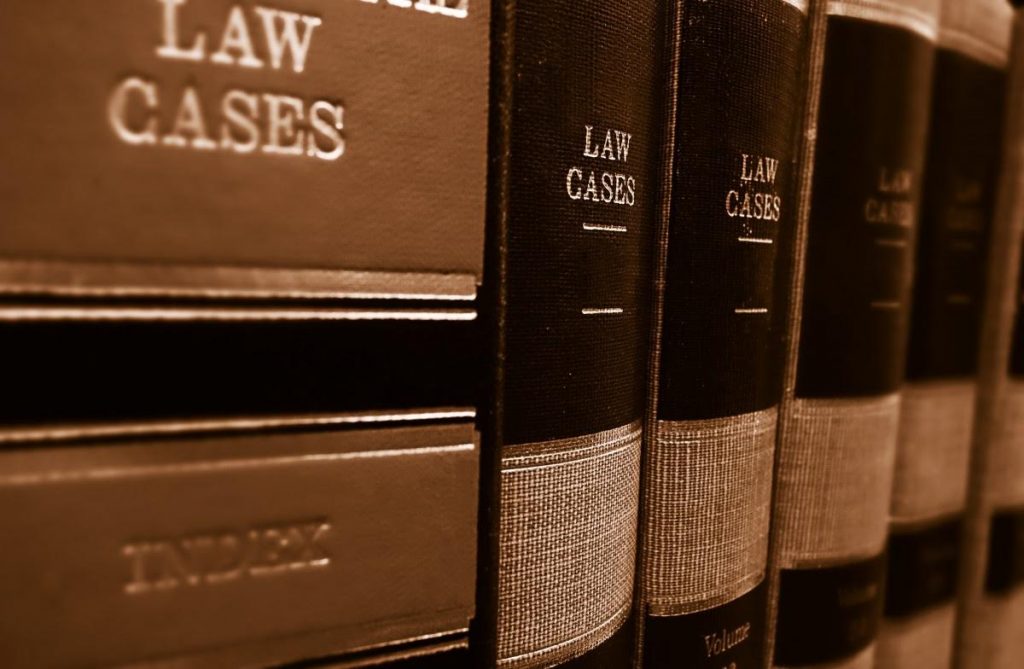Can A Neighbor Claim My Land?
The question itself seems outrageous to even ask. Why would a neighbor have any right to claim land that does not belong to them? While it might sound like a farfetched subject, property disputes are far more common than you might think. According to Housing.com, nearly 66% of all active cases in the judicial system nationwide are ones that involve property disputes. The team at Henry & Beaver Attorneys at Law have helped many clients in Lebanon, PA and the surrounding areas with everything from property disputes to property division cases and everything in between. Maybe you are dealing with a property dispute right now. Our real estate and litigation lawyers can help you better understand what your rights are and lead you to the best possible outcome for your case.

Henry & Beaver Attorneys at Law will meet with you to determine how one of our seasoned lawyers can help you in your particular situation. Property disputes can come in several different forms, and having a team of experienced attorneys at your disposal can mean the difference between keeping your property and losing it. One of the more common types of property disputes are those dealing with adverse possession. There are times when these matters are an honest mistake, and there are instances of someone taking advantage of another person. Adverse possession laws vary from state to state and having a lawyer to make things clear for you is key. Often times property lines are misdrawn or mistaken, which leads to property disputes that can be resolved between the landowners. There are, however, instances in which disagreements cannot be settled and attorneys have to get involved. Many of those cases are occurrences in which trespassers or squatters attempt to claim property that doesn’t belong to them.
When trespassers attempt to claim property in an adverse possession case, they need to meet certain requirements before their claim can hold any water in court. These conditions are part of a peculiar technicality that have been well documented over the years.
These six prerequisites include:
- Actual Possession – Actual possession needs to be established by a claimant. When someone notices a piece of property that is not in use, they have to show that they are using or are consistently on that property.
- Continuous Period – In Pennsylvania, a parcel of land that has otherwise been neglected can be potentially taken by someone who possesses it and improves it over a period of twenty-one years. A claimant can even include a previous trespasser’s use of the land if they can prove there is some sort of connection between them.
- Hostile Use – The claimant’s use of the land in question must be considered hostile to the rights of the actual landowner. Should the true owner in any way be allowing someone to use their land, there is not hostile use and the individual cannot make a claim.
- Open & Notorious – To meet this requirement, a claimant’s use of the land must be public. This creates the opportunity for an owner to see the trespassing use and attempt to remove the trespasser from the property.
- Exclusive Possession – This requirement states that only the claimant has been using the land. Should the actual owner use the land occasionally, the claimant will not meet this requirement.
- Color of Title – A squatter might need to have a title or other documentation to support their claim. Unfortunately, even if a title or document is invalid, it may still be used as a foundation for the trespasser’s claim.
These circumstances often go unchecked and unnoticed which, unfortunately, is exactly what trespassers want. Nobody should have to deal with property disputes on their own. The team at Henry & Beaver Attorneys at Law is able to help you should you run in to a property dispute. The complications associated with property disputes can be confusing and frustrating. Our lawyers have decades of expertise and knowledge that will give you the best chance at a positive outcome. You can trust us with your cases of property disputes, property division or real estate law. Check our page here for our other areas of practice and call us at 717-274-3644 to set up a consultation today.
